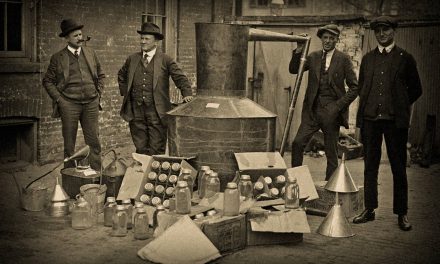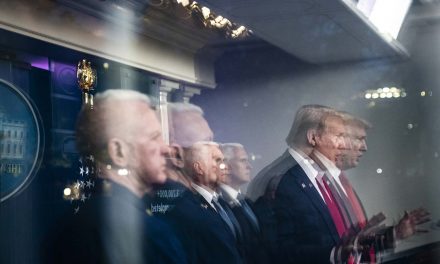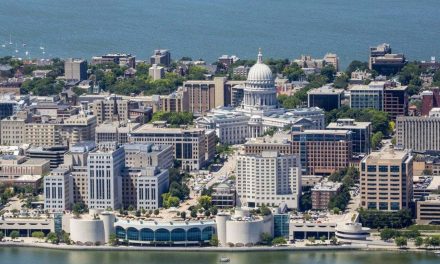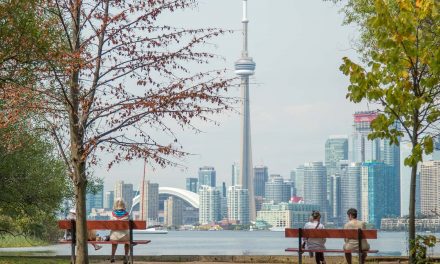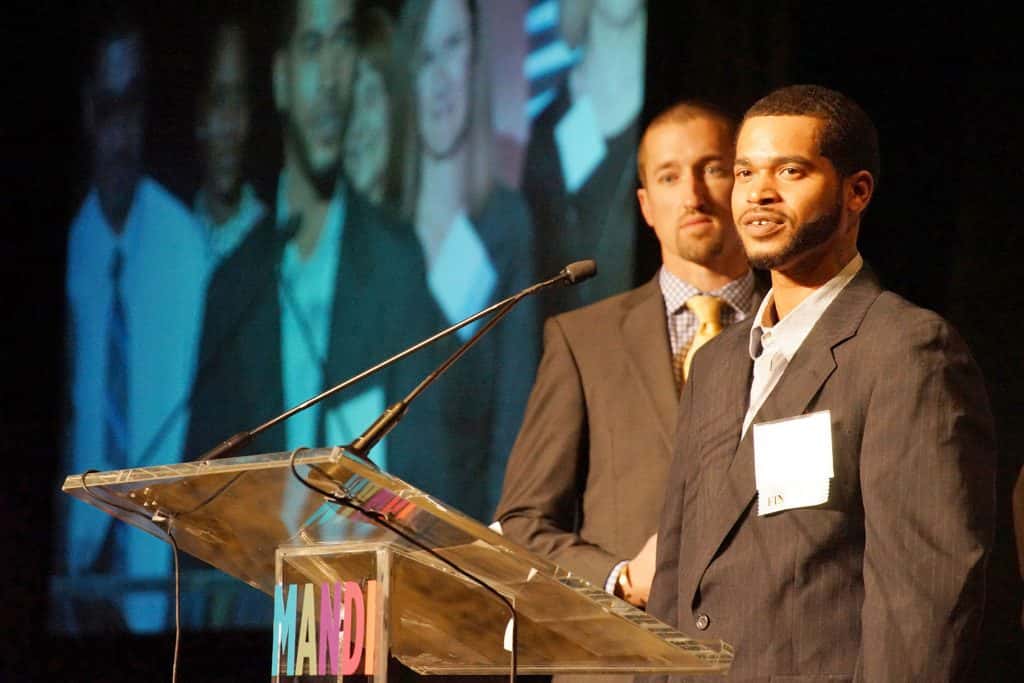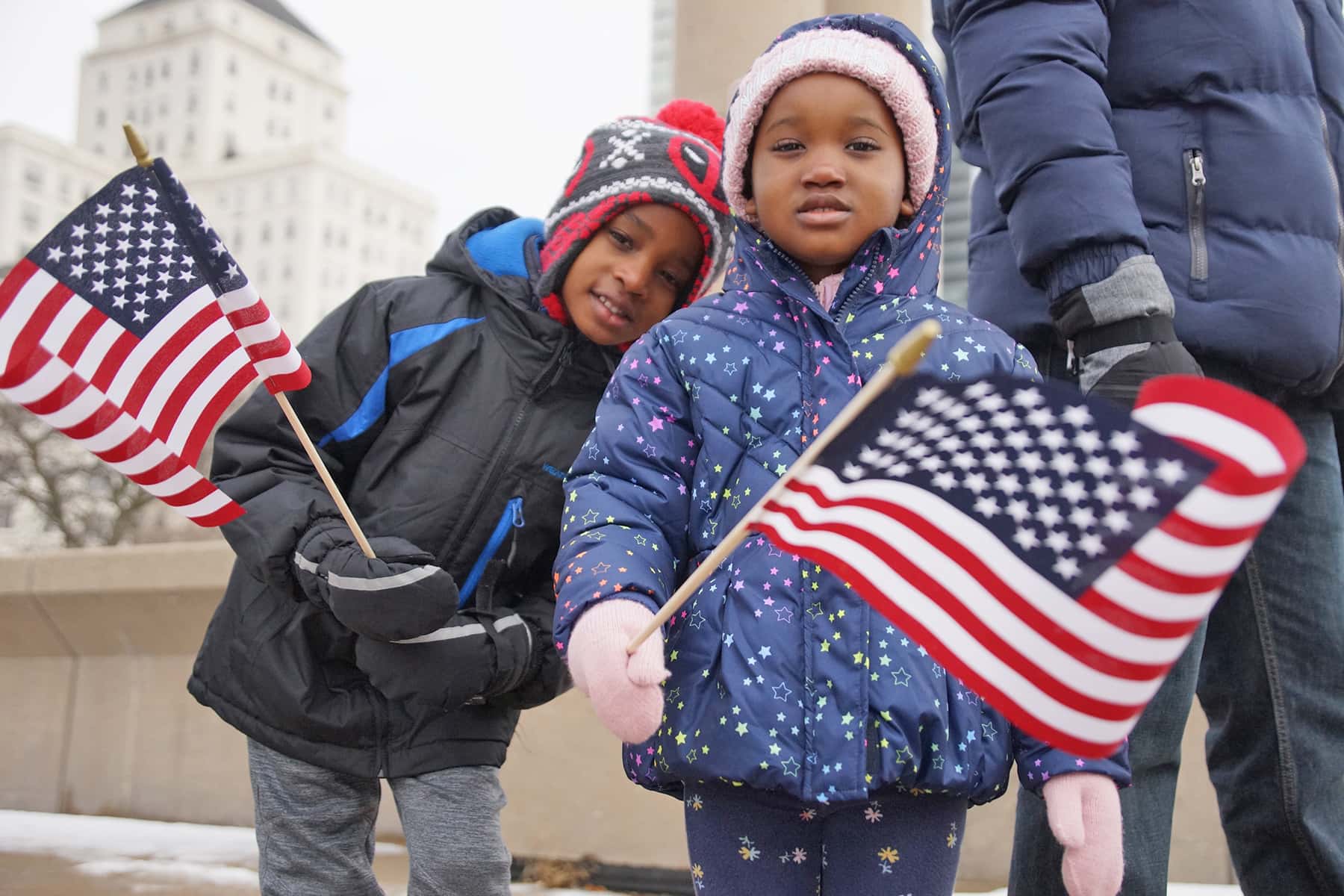
Data indicates that 100% of Americans who belong to the lowest income group are either ‘very’ or ‘quite’ proud of their country.
To be poor anywhere in the world is hard, but being poor in America is especially difficult. While the income of wealthier Americans has grown significantly in the recent decades, the wages of the country’s worst-off have stagnated. The available social benefits (for unemployment, illness or old age, for instance) pale in comparison with those enjoyed by poor people in other advanced countries. America’s poor also work longer hours than their counterparts elsewhere, while their children have less opportunity to escape poverty than if they lived in Europe.
On these and other fronts America has let them down. From time to time, observers, like Thomas Edsall of the New York Times and the former United States secretary of labor Robert Reich, have asked why the poor don’t rebel despite these stark inequities. As the Economist recently put it, “Why aren’t the poor storming the barricades?” For answers, we have to take into account the intensity of their patriotic feelings.
If we define patriotism not only as an attachment to country but also as a belief in its greatness, if not superiority – the brand of patriotism expressed by America’s poor is extraordinary. Data analysis from the authoritative General Social Survey shows that over 90% of America’s poorest would rather be citizens of the United States than of any other nation. The figure is higher than that for working-class, middle-class and upper-class Americans. About 80% also believe that America is a “better” country than most other countries.
In parallel, data from the World Values Survey indicate that 100% of Americans who belong to the lowest income group are either “very” or “quite” proud of their country. This isn’t the case for any other major advanced country in the world. These positive feelings are also resilient: they intensified, in fact, during the Great Recession of the late 2000s.
As long as they remain deeply patriotic, America’s poor won’t rise up. Indeed, they’ll continue to fill the ranks of the military, strive and sacrifice to help America assert itself in the world, and even feed into and support the slogans and successes of the country’s political leaders – starting with Donald Trump. So, a pressing question arises: why are America’s poor so patriotic?
To find out, I spent time in Alabama and Montana, two “hotbeds” of patriotism among the poor as measured with data from the General Social Survey. I headed to urban and rural settings in both states, and spoke to people in bus stations, laundromats, homeless shelters, used clothing stores, senior citizen centers, public libraries and other places. I talked with people of different races, genders, religious and political orientations, histories of military service and ages. The findings were at once striking and humbling.
First, America’s poor still see their country as the “last hope” for themselves specifically and for humanity more generally. Because of its foundational social contract, the country offers each citizen a sense of dignity. As Ray (all names have been disguised), an older African American man in Birmingham, Alabama, told me, only in America is everybody equal in principle to everyone else:
“For me, yeah, it starts with the individual, naturally. And according to our constitution, rules and rights, you know … everybody is afforded that without question … I believe, right, that I can have a conversation not just with you; I could sit down, talk with the President of the United States … you know?” Add to this the lingering traces of Manifest Destiny, the long-held belief that America is God’s country, and why would anyone – especially someone poor – not want to live here? God, I was told by many, loves all of humanity – but God loves America best of all.
Certainly, as one man told me, the government or some leaders have at times gone astray from the country’s promises. But the essence of the nation is pure and unique. And this serves as a lifeline for those who struggle financially. Thus, as Darrius, a middle-aged white man living out of a car in Billings, Montana, with his young and pregnant wife, stated:
“You have to have some shred of dignity. Even the bottom-of the-barrel person has to have some shred of dignity … and so when we’re struggling and we’re super poor and broke and going through all these things, you almost have to believe in something better or higher … and the Americans’ ideals ring on that level because they’re a lot different than maybe other countries’ because the American ideals are supposed to embody those things that are, are like good for humanity, you know … and it’s true.”
Second, to many, America is seen as the land of “milk and honey.” It’s perceived as a rich and generous place, where those who work hard can achieve much. The people I spoke with took personal responsibility for the difficult trajectories they had experienced, even if in fact all odds were stacked against them.
As Kysha, an African American woman in her 60s in a shelter in Birmingham, told me, “It’s on you … you got a chance like anyone else … everybody got a chance. Some people don’t wanna do right. You gotta realize that.” America, moreover, gives money to countries all over the world: it’s a place of abundance, that attracts people from all over the world. Under this reasoning, anyone who’s poor in America should be thankful to be here.
Third, the US is seen as the land of freedom – in the physical, spiritual and mental senses. Marshall, a young man from Montana, told me he was homeless by choice because he wanted a “sabbatical” from life. “Nobody bothers me for it, if I am not bothering anybody.” Where else, he asked me, could he be left alone and not be, “you know, herded off or … jailed”?
America is seen as a place of self-determination and choice. Guns came up often in my conversations with people. People mentioned them for the very practical reason that they’re needed to hunt for food. How else to put meat on the table or in the freezer? The constitution grants the right to bear arms, and guns are perceived as essential symbols of freedom. Just think back to the American Revolution, when the settlers had to make their own weapons to fight British oppression.
In Montana, these thoughts often took on libertarian tones, while in Alabama they often connected to the civil rights movement. Some variations could also be seen across racial and other dimensions. But, on the whole, they amounted to a surprisingly consistent and strong perspective shared by most of the people I met.
What at first looks like a puzzle may not be a puzzle at all. America’s poor hang on fiercely to the ideals of freedom, dignity, abundance, and self determination that America has long represented precisely because they have so little else to depend on. Is this a kind of delusion on the part of poor Americans? Is there cynicism or exploitation in the country’s continued promotion of those ideals? Or is there nothing negative or sinister about it? Is it merely an example of what’s beautiful and inspiring about the strength and perseverance of the human spirit and, yes, America itself? I leave the answer to you.
Francesco Duina
Lee Matz
Originally published on The Guardian as Why are poor Americans more patriotic than their wealthier counterparts?
Help deliver the independent journalism that the world needs, make a contribution of support to The Guardian.

